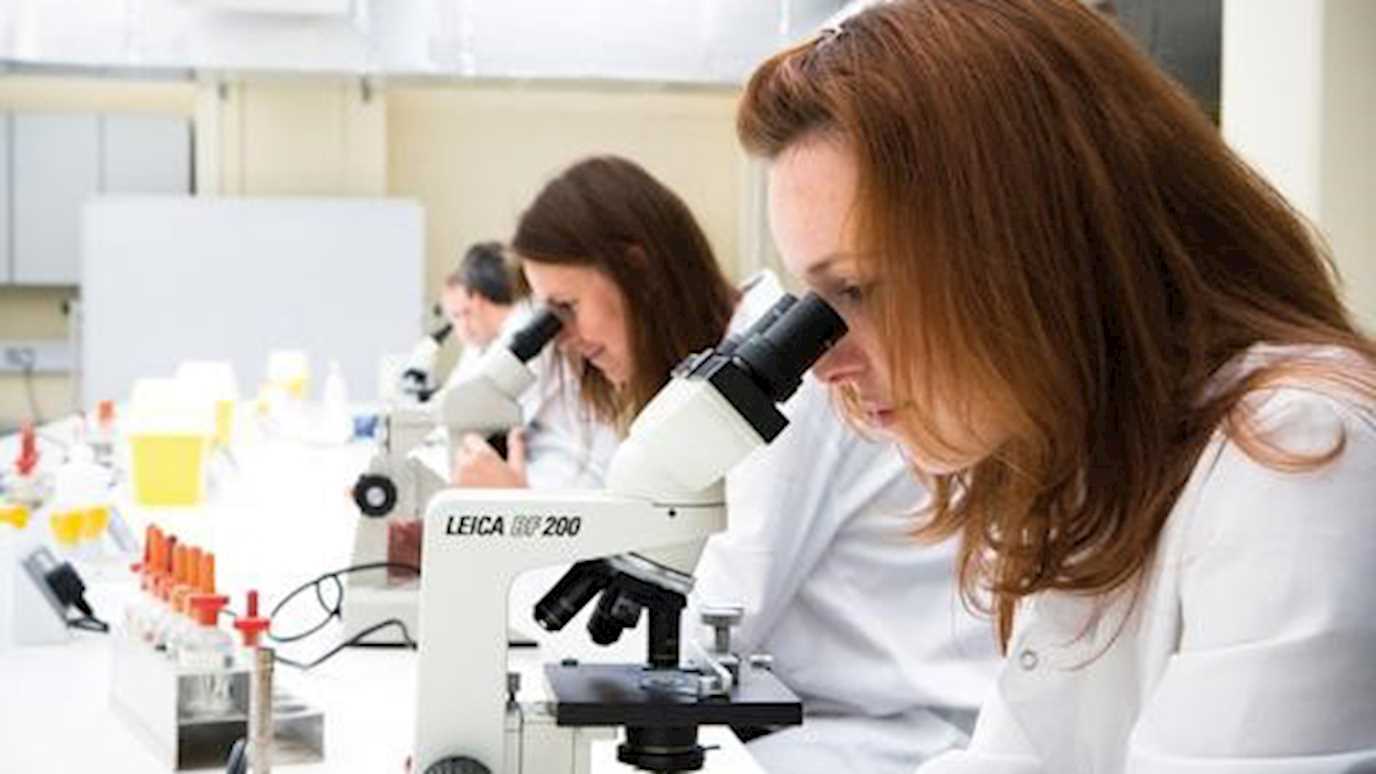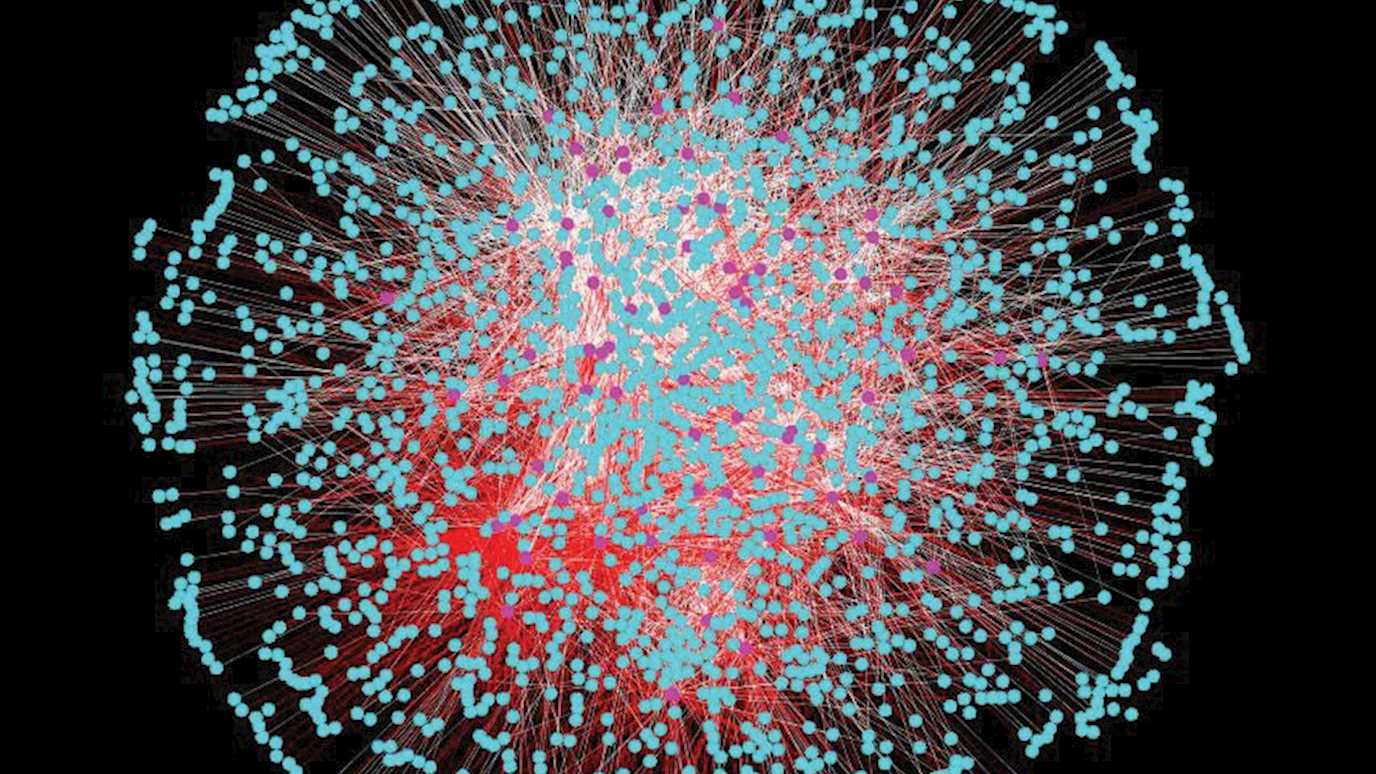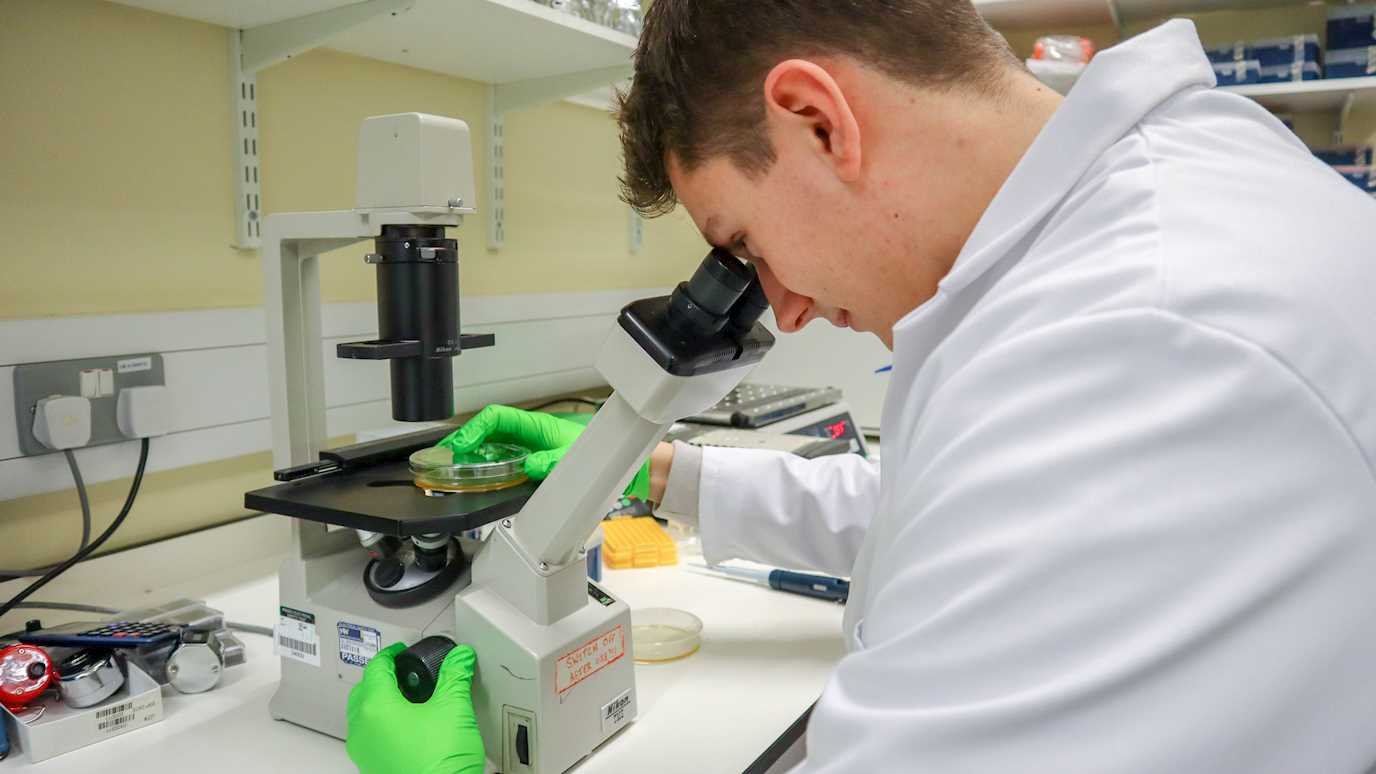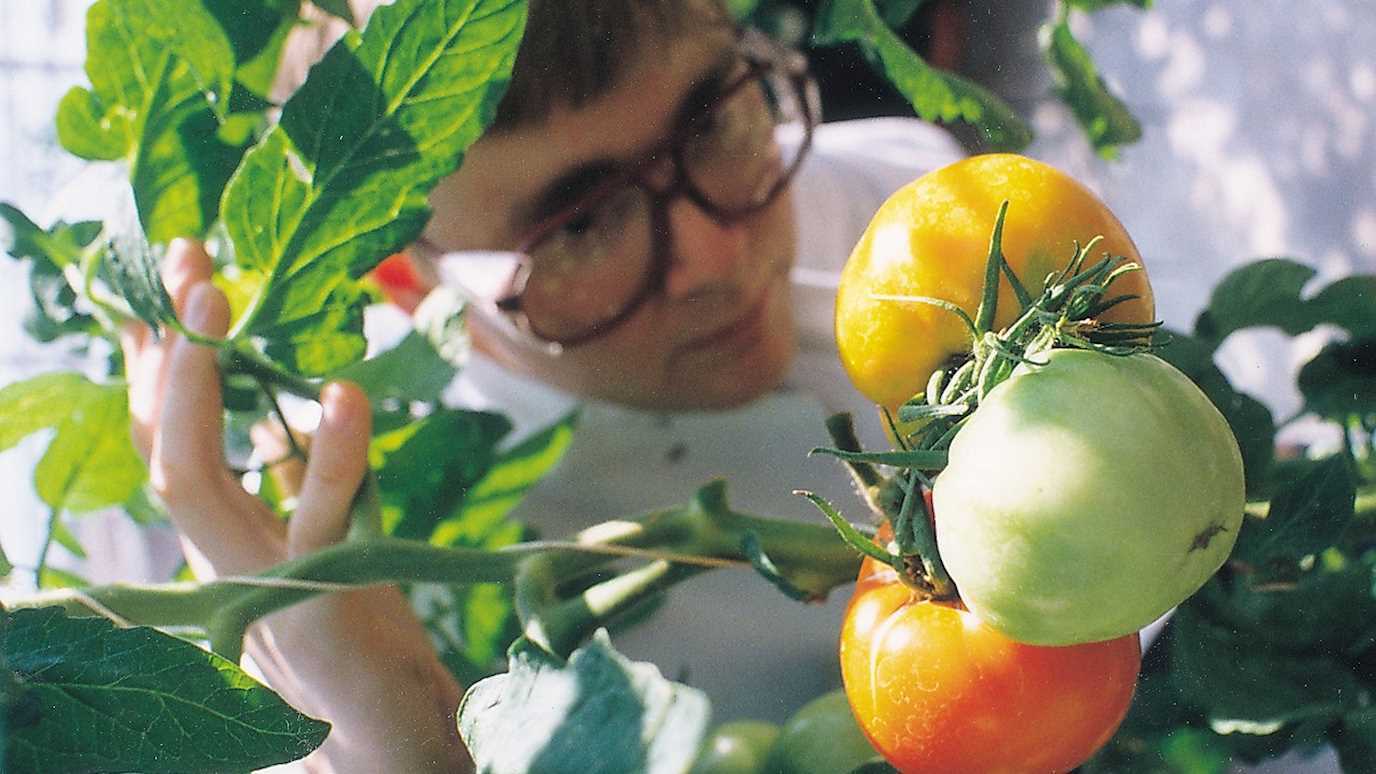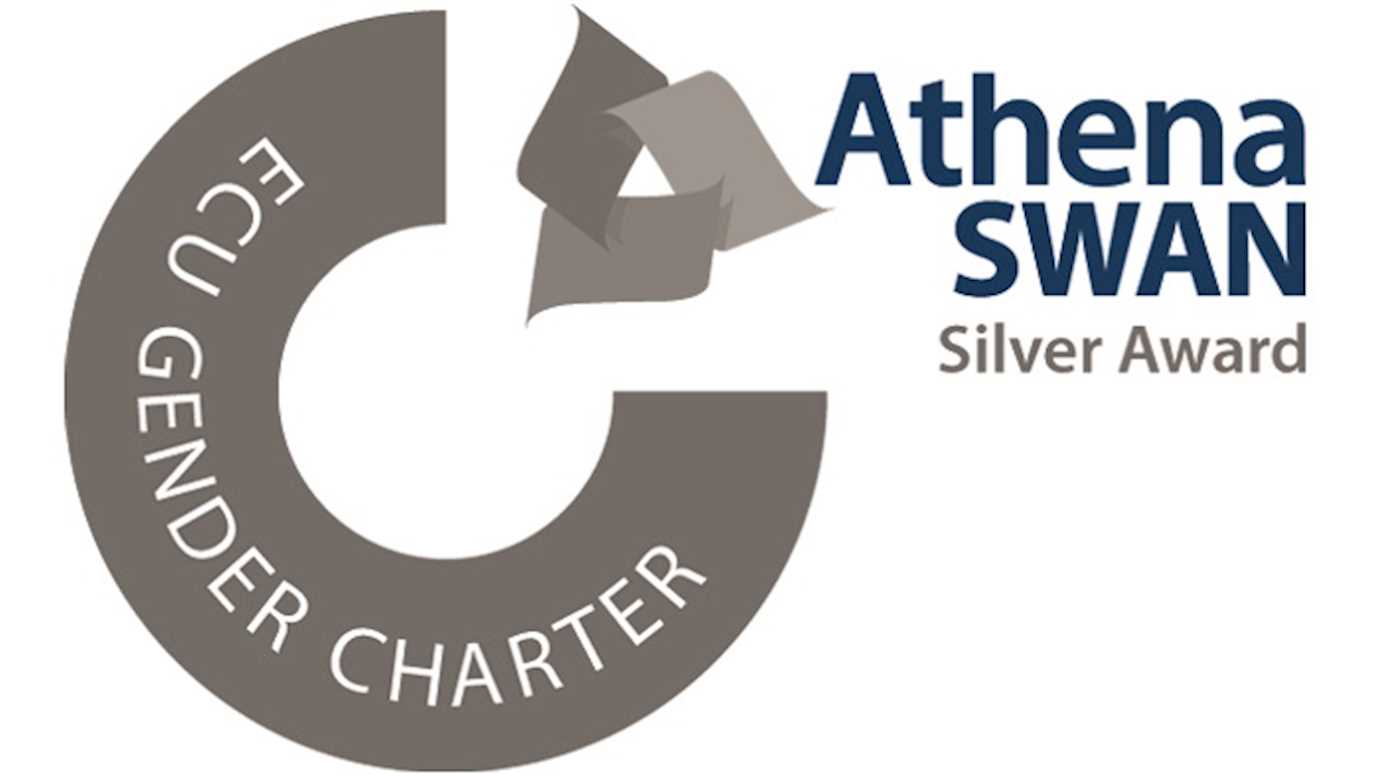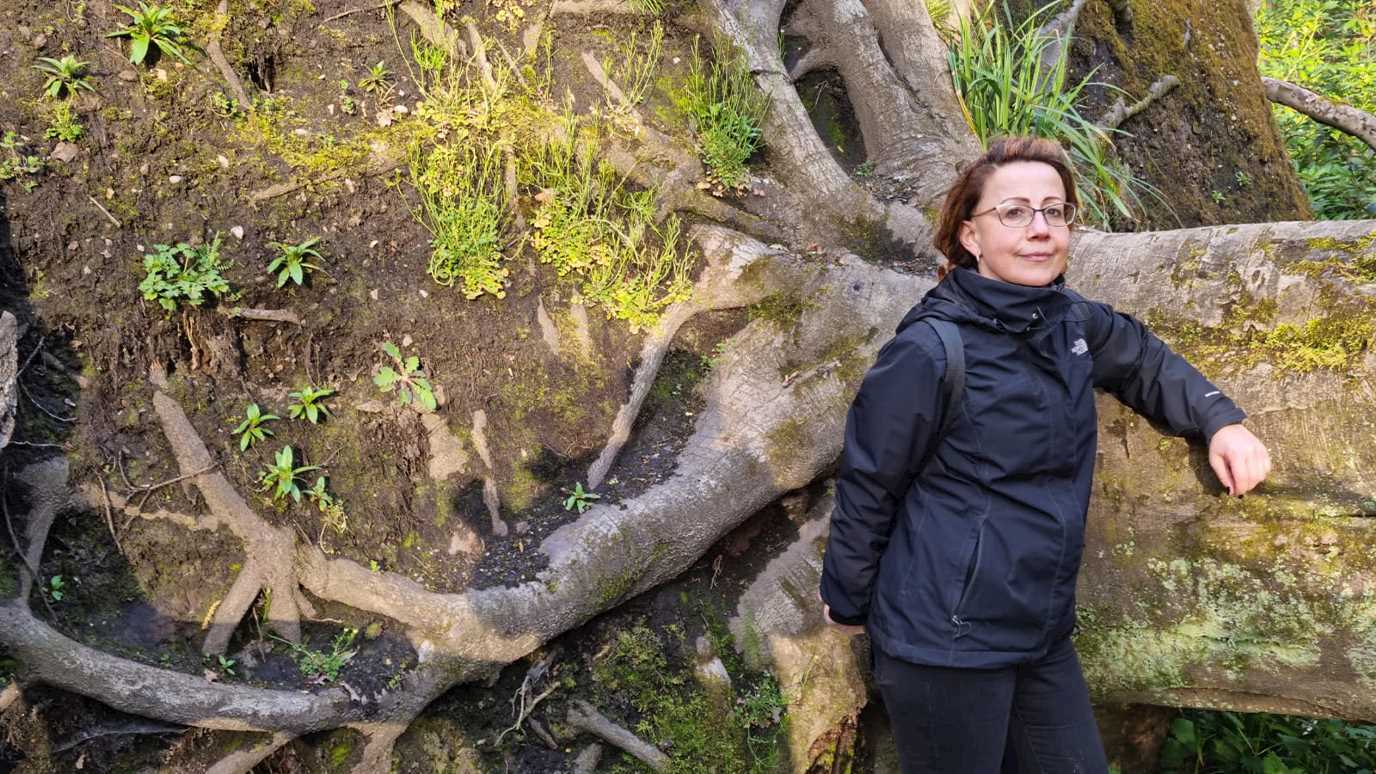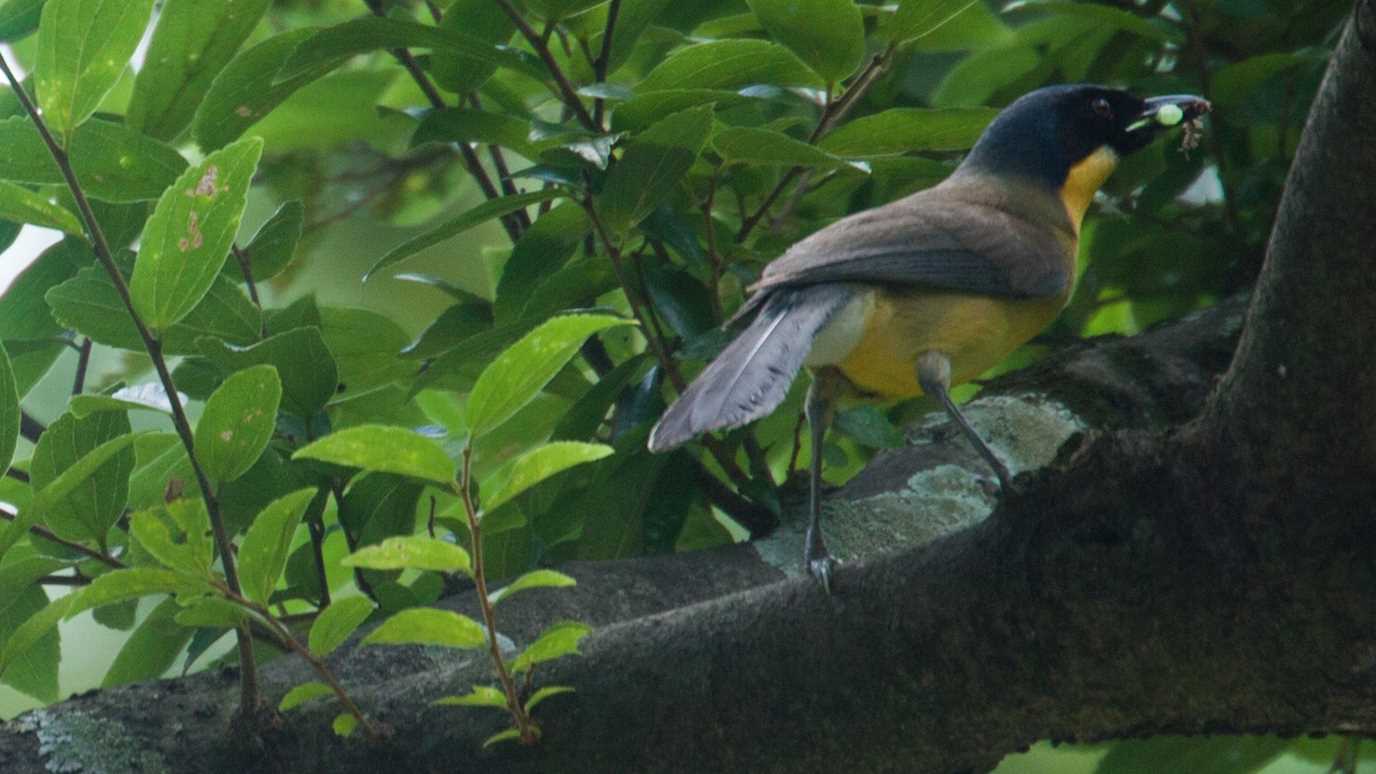For centuries evolutionary biologists have been considering a difficult question: why do some animals ‘choose’ not to have children and instead help others rear their young? Researchers from Royal Holloway, University of London, with colleagues from the University of Sussex and the University of Exeter, have been studying wasps to try and find the answer.
In a paper published today in the Royal Society journal Proceedings of the Royal Society B, researchers suggest that a ‘biological marketplace’ is in play. Helper animals, who assist the breeder in bringing up young are not selflessly altruistic. For purely selfish reasons, they ‘negotiate’ with dominant breeders in the society for the right to belong in the group, and effectively pay to queue up to reproduce.
Market forces at play
“In most cooperatively breeding species such as meerkats and wolves, only one or a few individuals breed, while others help to raise their offspring,” said Dr Lena Grinsted, from the School of Biological Sciences at Royal Holloway, University of London.
“Traditional thinking is that animals help raise others’ offspring because their only other option is to try to breed alone – which in many animal societies and environments, isn’t feasible.
“What we’ve found in a species of paper wasps is that helpers do in fact have other attractive options; they can start new groups, or ‘defect’ to neighbouring groups where they have a good chance of reproducing themselves, not just helping. Essentially, they stay when the conditions at home are better than those on offer elsewhere. They are not in fact self-sacrificing in their support for breeders – they are probably just waiting for the best offer, playing the market.”
Economics and Evolution
“Just Darwin’s theory of evolution was inspired by economics theory, the biological market theory is based on economics,” continues Dr Lena Grinsted. “It predicts that competition for helpers in animal markets affects the value of their commodity - their ability to help.
If helpers are in high demand and they have many, high-quality options elsewhere, dominant breeders will have to accept a ‘worse deal’ and allow helpers to work less hard in order to retain them.
Dr Grinsted concluded, “In a way it mirrors humans at work. If you’re in a job which isn’t rewarding, you have sought-after skills, and there are some nice offers on the table, your boss should look to sweeten your deal if they want you to stay!”
Learn more about research in the School of Biological Sciences and the courses you can apply for.










